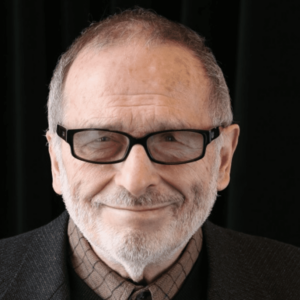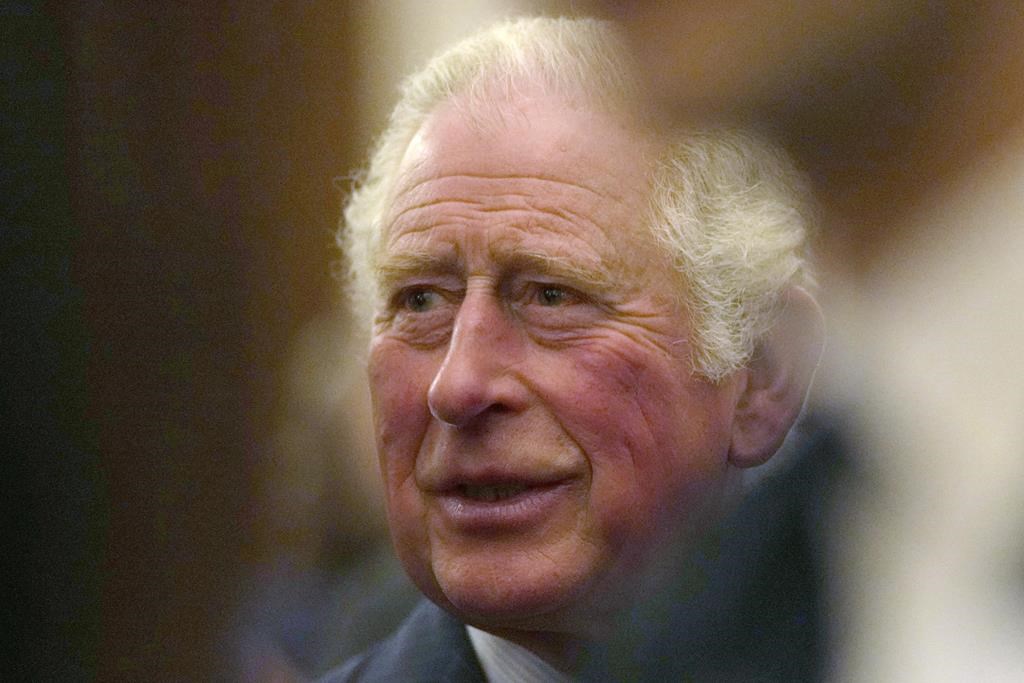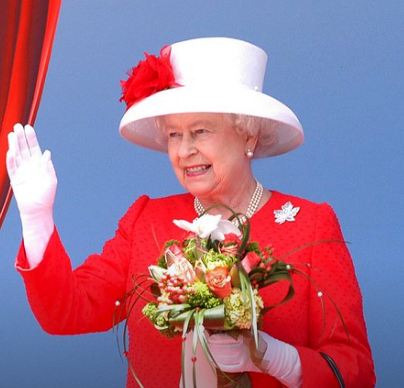Late last September 2022 the Vancouver pundit J.J. McCullough, who writes a sometimes controversial “Global Opinions” column for the Washington Post, published a perceptive piece headlined “In Canada, interest in the monarchy remains mostly an elite thing.”
All by itself this headline might be one answer to the headline on a late February 2023 Globe and Mail column by the ardent proponent of the Canadian Crown John Fraser: “Canada should show more enthusiasm for King Charles’s coronation.”
In fact most recent polling on the monarchy does suggest that a bare but growing majority of Canadians wants to politely wave goodbye to the institution.
In an Ipsos poll from last September, just after Queen Elizabeth II’s sudden death, 54% agreed “that now that Queen Elizabeth II’s reign has ended, Canada should end its formal ties to the British monarchy.”
A Pollara poll also from last September found only 35% “want Canada to remain a constitutional monarchy with the King as its head of state.” An Angus Reid poll from last April 2022 found only 26% answering Yes to “Do you think Canada should continue as a constitutional monarchy for generations to come?”
A Leger poll from last September found “only about a quarter of all respondents said they had been even moderately personally impacted by the Queen’s death.” Nearly 75% “said they felt little to no impact at all.”
Christian Bourque at Leger noted:“It got me thinking over the past four days, there’s nothing else on the news media than Elizabeth … Yet the majority of viewers don’t really care.”
There are some subtleties between the lines of these recent polls — especially in a real world where constitutionally waving goodbye to the British monarch requires the approval of Canada’s federal parliament and all 10 provincial legislatures.
To start with, there is understandably more support in Quebec than in the rest of Canada for ending the country’s now very vague ties to Buckingham Palace.
The Angus Reid poll from last April 2022 found that, Canada-wide, 51% answered a bold No to “Do you think Canada should continue as a constitutional monarchy for generations to come?” But this varied provincially from a low of 40% in Manitoba to a high of 71% in Quebec.
Even outside Quebec, however, the share saying No to the British monarchy was larger everywhere than the share saying Yes. And the share saying Yes was broadly comparable to the share saying Not Sure. In Alberta 45% said No, 30% said Not Sure, and only 25% said Yes.
It is true enough that there is as yet no overwhelming popular consensus (only a bare majority) saying No in Canada at large. Pro-monarchy elites seem to be taking comfort from the lack of “Freedom-Convoy” protests against King Charles III on Parliament Hill.
In the recent past both the Globe and Mail and the Toronto Star have published editorials broadly urging that the monarchy under the Constitution Act, 1867 isn’t broken and doesn’t need fixing.
John Fraser’s Globe and Mail plea that “Canada should show more enthusiasm for King Charles’s coronation” is coming from the same line of traditional tribal wisdom.
Yet the key problem with this plea is not just that a bare Canada-wide majority of voters already wants to wave goodbye to the monarchy. It is that only a quarter to at best one-third of the democratic electorate now seriously believes in the future of the institution.
In the end any dispassionate reading of recent polling evidence would arguably advise any Canadian government to restrain its enthusiasm for the coronation of Charles III. That just shows respect for what the Constitution Act, 1982 calls Canada’s “free and democratic society” today.
John Fraser also suspects that the Liberal government in Ottawa right now quietly agrees with the current bare majority that wants to politely wave goodbye to the British monarchy in Canada.
And, he suggests, if that is the reason for the “seeming inactivity surrounding our responses to the coronation, then the government should have the courage of its convictions and start a dialogue to turn Canada into a republic.”
Yet recent polling evidence might also arguably advise that the time for government to start such a dialogue in Canada is not quite here yet.
And this does seem the current policy of the Justin Trudeau Liberals. (Unlike Anthony Albanese’s Labor government in Australia, already in the words of the Sydney Morning Herald “undertaking a national consultation tour to shape a future campaign to cut ties with the monarchy.”)









